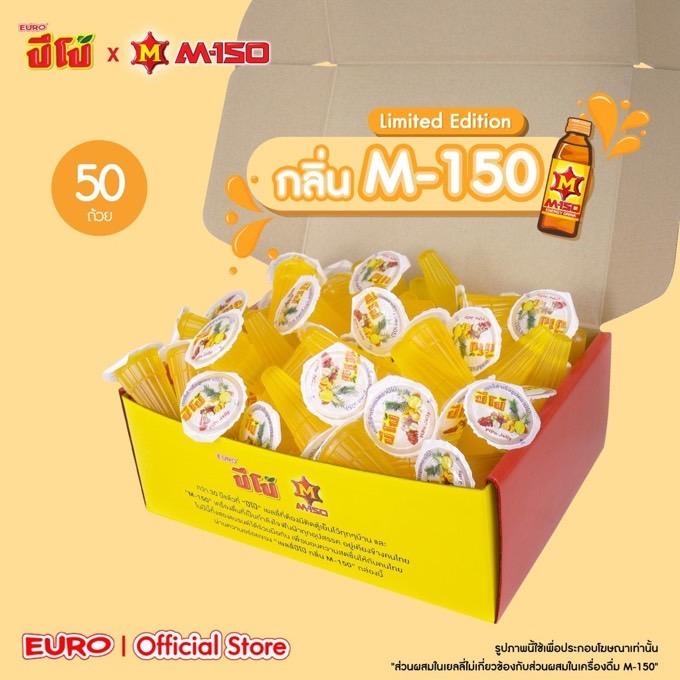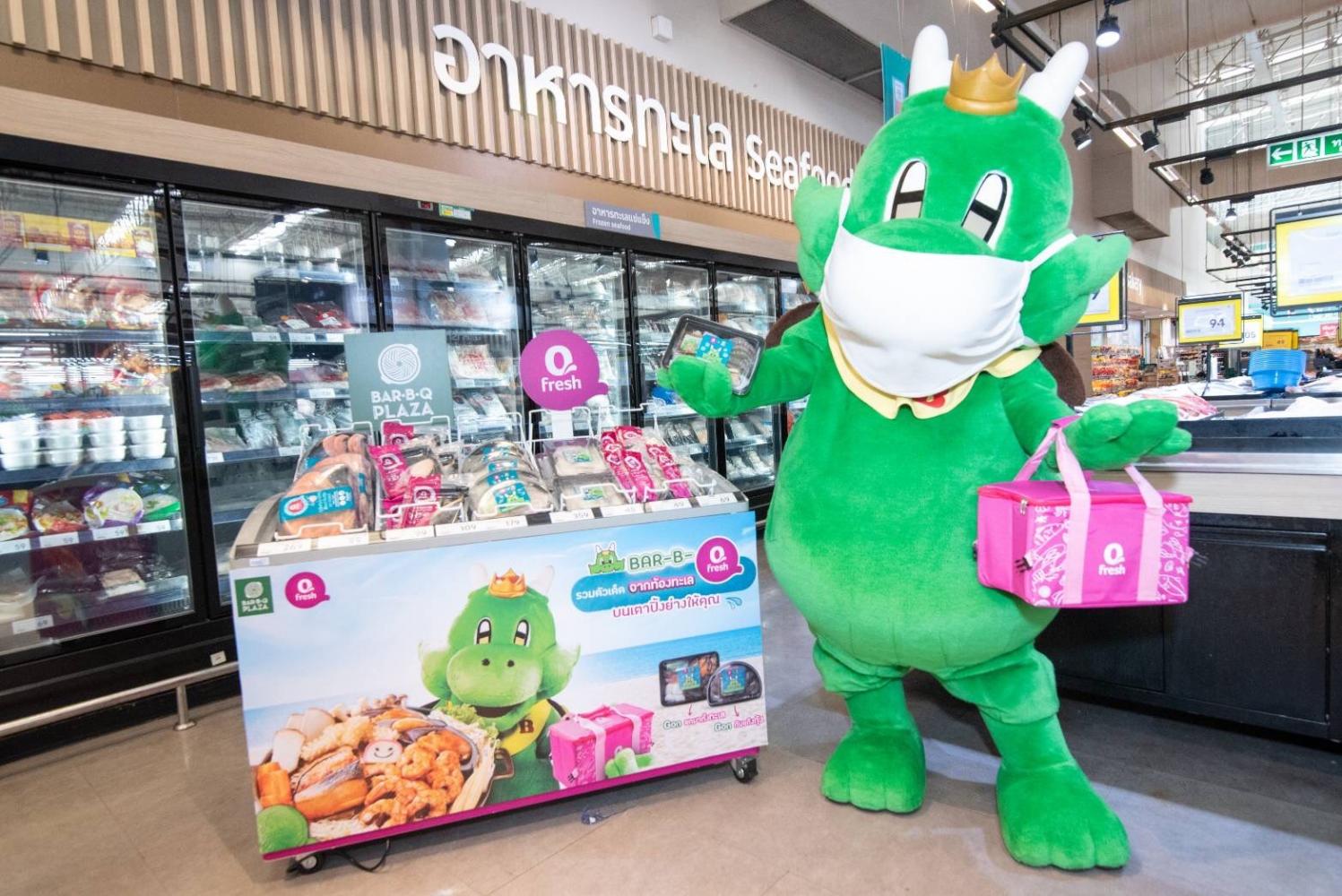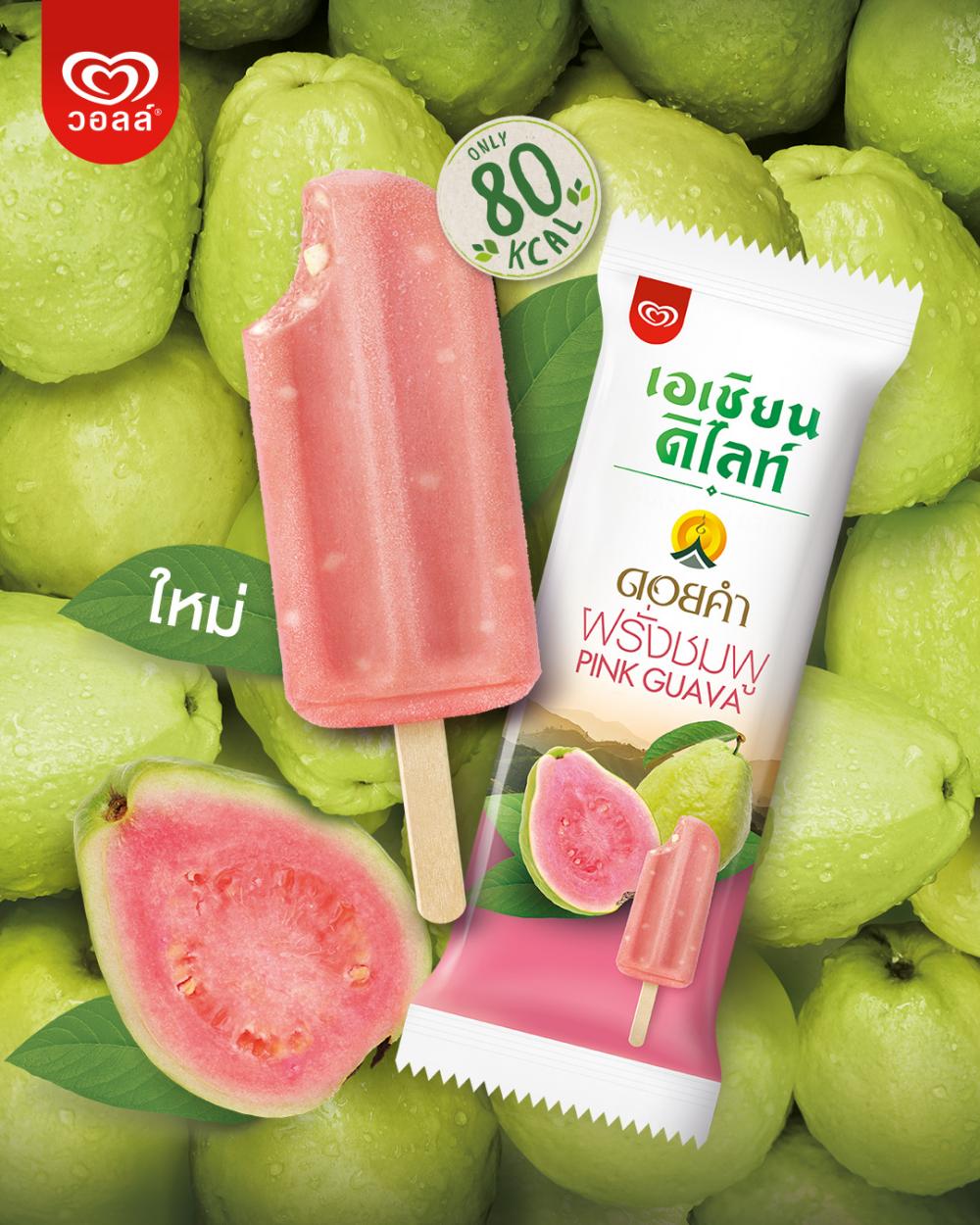
After a year and a half of Covid-19 outbreaks and lockdown restrictions, the pandemic has dramatically affected the way people buy groceries and consumer staples, as well as their work and travel behaviour.
Marketers and business owners are teaming up to seize on this new mentality and develop partnerships, leaving previous rivalries in the past.
Collaboration has become trendy for brands and businesses.
The phenomenon of brand collaboration is visible everywhere, including in fast-moving consumer goods, food, fashion, banking, IT, retail and property.
DRINK UP
Two such deals are the collaborations between Pipo and M-150 as well as between Sappe and Takabb.
In the past it would have been unthinkable to see a large "X" between the two logos of M-150, which targets blue-collar workers, and Pipo, a jelly drink for kids and teenagers.
They operate in vastly different markets, making it hard to imagine them coming together to create a merged product.
The two produced a limited-edition drink that is only sold on e-commerce channels for a short period of time.
Pipo jelly with M-150 flavour is expected to broaden the reach of M-150, which has had a strong connection with Thai blue-collar workers for almost four decades.
The collaboration aims to give M-150 a youthful image and reach a younger generation, while reinforcing the Pipo brand among its traditional target market, according to the two firms.

Sappe Plc, maker of Sappe brand functional drink aimed at teenagers, recently teamed up with Takabb, an 86-year-old Thai herbal medicine, to launch the Sappe X Takabb drink with "herbal material" from Takabb.
Several brands are jumping on the bandwagon. Brand collaboration is not a new strategy in marketing, but more Thai brands seem to embrace the move.
Piyajit Ruckariyapong, chief executive of Sappe, said the collaboration should make both brands stronger and encourage consumers to drink Sappe X Takabb more frequently, especially during the pandemic.
The company signed a contract to collaborate for one year, launching the product to market in June 2021.

"The collaboration makes both brands eye-catching," Ms Piyajit said.
"The pandemic made me change my mindset when doing business. We have to explore new marketing strategies to reach our customers, including collaboration that leverages our brand with other brands for more brand awareness and sales, as well as widening the channel."
The company is talking to potential partners about a new collaboration expected to launch next year, she said.
Covid-19 as catalyst
"The pandemic has seriously affected dine-in restaurants. We have to change our mindset in doing business and we strongly believe collaboration is one of the ways for our brand to survive," said Boonyanuch Boonbumrungsub, chief marketing officer at Food Passion Co, the operator of Bar B Q Plaza.

Bar B Q Plaza collaborated with Pizza Hut two years ago to create a new experience, she said.
She said three tie-ups have been signed, with the first a deal with a restaurant company scheduled to launch by the middle of next month.
Another two deals are with garment and beauty companies, and are slated to begin in November this year.

"The Covid-19 outbreaks forced us to think outside of the box. If the outbreaks had not occurred, we might have continued to do business the same way," Ms Boonyanuch said.
She said Food Passion is in talks with more than 10 companies regarding collaborations.
"These kinds of collaborations helped generate new revenue for our company and reduced the risk from uncontrollable factors to dine-in restaurants," said Ms Boonyanuch.
"We also attract a new customer base and improve brand awareness, brand value and brand perception. More important is the ongoing relationship with our partners. Collaboration is only successful if the two companies have the same mindset and mentality to do business."
Juicy tie-up
Doi Kham Food Products Co, the maker and distributor of fruit juices, has teamed up with Unilever Thai Trading Co, the maker of Wall's ice cream, to launch Wall's Asian Delight Doi Kham Pink Guava earlier this month.
This fruit ice cream is available from Wall's mobile cars and 7-Eleven convenience stores.
"The market for fruit juice has declined for several years, then contracted 15% in the first half this year," said Chanannat Polpathapee, senior vice-president of Doi Kham Food Products.
"We had to find a clue to sell our raw material, and collaboration is the answer."

Ms Chanannat said the first collaboration with Wall's was Asian Delight Doi Kham Passion Fruit, introduced to the market in April.
Sales far exceeded expectations given the context of a pandemic.
"As fruit juice consumption declined, we have been trying to explore new market opportunities such as fruit ice cream products," she said.
Doi Kham also collaborated with partners across various sectors as it plans to launch its co-branded herbal medicine next month, looking to generate a new income stream.
In another partnership, last week Central Retail Corporation, the country's leading retail conglomerate, teamed up with five property developers -- Ananda Development, Central Pattana Residential, Property Perfect, Pruksa, and SC Asset -- to provide and supply its luxury items to housing projects.
Two heads better than one
Witawat Rungruangphon, a professor of marketing at Thammasat Business School, said brand collaboration can expand the customer base and one brand can borrow the image of its partner to make itself look younger and more modern.
"During the pandemic, every company wants to keep its customer base," Mr Witawat said.

"It is difficult to grab new customers from competitors because it requires a lot of money for marketing activities. This is high risk because consumer purchasing power is not good. Brand collaboration is rising in popularity because it is a strategy to introduce your company to new customers in a different manner."
Aitsanart Wuthithanakul, business activation director for social intelligence analytics at Ipsos (Thailand), said brand collaborations excite the market, encouraging shoppers to be daring and try new things.
"It is an interesting change. It builds new experiences for consumers. Apart from sharing customers with each other, it can also attract new customers who have never bought the companies' products before," Mr Aitsanart said.
"Covid-19 is a good catalyst for brands that are thinking about how to survive the pandemic, as shoppers' behaviour is drastically changing."







